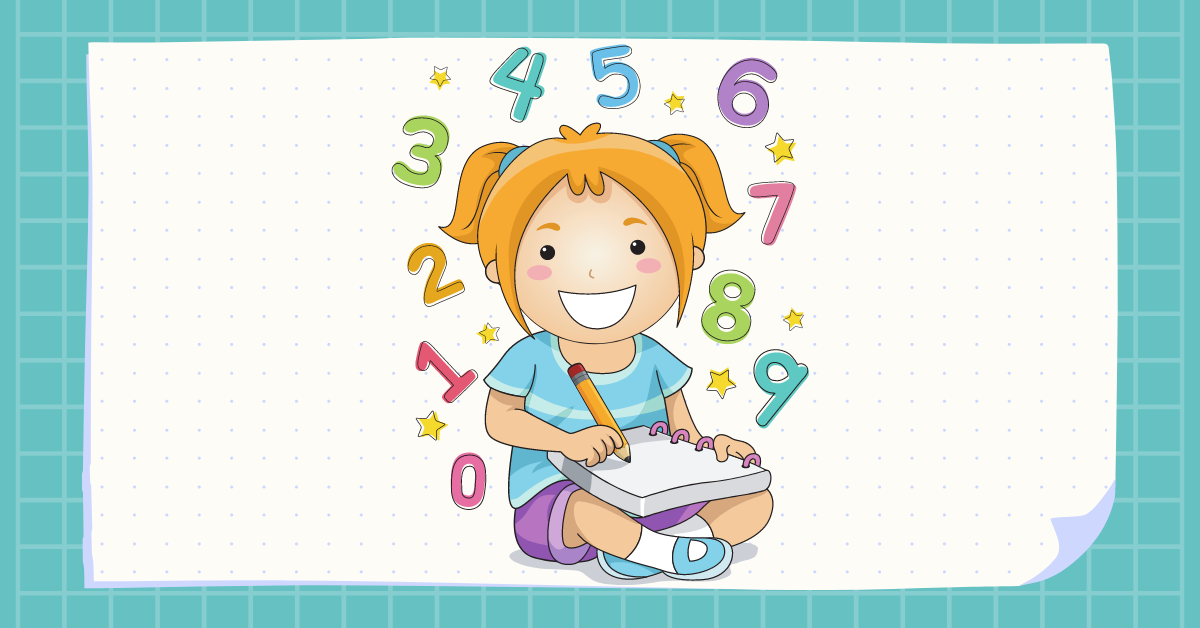If you’re a student, chances are your English teacher has given you the classic “Daily Word Journal” assignment. Teachers love it because they want you to have a strong vocabulary, but let’s be honest—most students end up rushing through it at the last minute, copying words from Google or a dusty dictionary. But what if we told you that building your vocabulary can actually be fun, creative, and even a little bit addictive? Let’s turn this “chore” into a cool summer project you’ll actually enjoy!
Why Your Teacher is Actually Onto Something
Every new word you learn is like getting a new tool in your toolbox. The more words you know, the better you can express exactly what you're thinking, understand complex ideas, and honestly, sound pretty impressive when you want to.
Step 1: Set a Simple Goal
Don’t make it complicated. Decide how many new words you want to learn each day.
- Beginner: 1-2 words a day
- Intermediate: 3-5 words a day
- Pro: 10 words a day (if you’re feeling ambitious!)
Pick a number that feels easy to stick to, not something that will stress you out.
Step 2: Find a Notebook or Create a Digital Journal
- Notebook: Any old notebook or diary will do. Decorate the cover to make it yours!
- Digital: Use Google Docs, Notion, or even a simple Word file. You can add pictures, links, and colors.
Step 3: Make a Word Table
A neat table makes your journal look organized and shows your effort. Here’s a simple format:
| Date | New Word | Meaning (in your own words) | Where I found it | Example Sentence |
| 1 June | Marvelous | Something really great | Harry Potter book | The cake was marvelous. |
| 2 June | Quirky | Unusual in a fun way | Instagram reel | She has a quirky laugh. |
Step 4: Hunt for Words Everywhere
Here’s the fun part! Don’t just stick to textbooks. Words are hiding all around you:
- Social Media Gold Mine: Yes, you read that right! While scrolling through Instagram, TikTok, or Twitter, keep your eyes peeled for interesting words. That educational account you follow? Perfect source. Even comment sections can surprise you with gems.
- Movies and Shows: Instead of just binge-watching, become a word detective. When a character uses a word you don't know, pause and jot it down. Netflix with subtitles on? Even better – you'll catch words you might have missed.
- Reading Adventures: Don't limit yourself to textbooks (please!). Magazine articles, online blogs, Reddit threads, and even those random Wikipedia rabbit holes you fall into are all fair game. Your mom's cooking magazines, dad's sports articles, that fashion catalog lying around – grab words from anywhere.
- Real-Life Conversations: Listen when adults talk. They use words we don't always hear in our daily conversations. Don't be shy about asking, "What does that mean?" Most people love explaining things.
Tip: Keep your notebook or phone handy so you can jot down words as soon as you spot them.
Step 5: Find Meanings and Make It Yours
- Use a dictionary or Google, but don’t just copy the meaning.
- Try to write the meaning in your own words.
- Make a funny or personal sentence. This helps you remember it better.
Example:
Word: “Serendipity”
Meaning: Finding something good without looking for it
Sentence: “Finding a five-rupee coin in my old jeans was pure serendipity!”
Step 6: Decorate and Personalize
- Use colored pens, stickers, or doodles to make your journal attractive.
- Highlight your favorite words.
- Add drawings or memes if you want!
- If you’re using a digital journal, add GIFs or pictures.
Step 7: Review and Revise
- Every week, go back and read your words.
- Quiz yourself or ask a friend or family member to test you.
- Try to use your new words in conversations, texts, or even your Instagram captions.
Pro Tips to Level Up Your Game
- Theme Days: Make Mondays for movie words, Wednesdays for weird internet words, and Fridays for fun social media finds. It gives your week structure and makes word-hunting feel like a game.
- Word Buddies: Partner up with a friend. Share your coolest finds with each other. Make it competitive – who can find the most interesting word each week?
- The Phone Notes Trick: Keep a running list in your phone notes. When you hear or see an interesting word, quickly add it with the source. Transfer it to your journal later with proper research.
- Context is King: Always write down the full sentence where you found the word. It helps you understand how it's actually used, not just what it means.
Make It Your Own
The best vocabulary journals feel personal. Add doodles, use colored pens, and include funny sentences that make you laugh. If "flabbergasted" reminds you of your grandpa's expression when he tries to use your phone, write that down! These personal connections make words unforgettable.
Conclusion
Here's the thing; after a few weeks of actually doing this (not cramming at the last minute), you'll start noticing something cool. You'll begin understanding things you didn't before. Complex articles will make sense. You'll find better ways to express your thoughts. And yes, your writing will get so much better that even you'll be impressed.
So next time your teacher assigns this, don't groan. Grab your phone, open your eyes to the words around you, and start building your personal word collection. Plus, you'll probably be among a few students who actually enjoyed doing their vocabulary homework, and that's pretty awesome.








Be the first one to comment on this story.